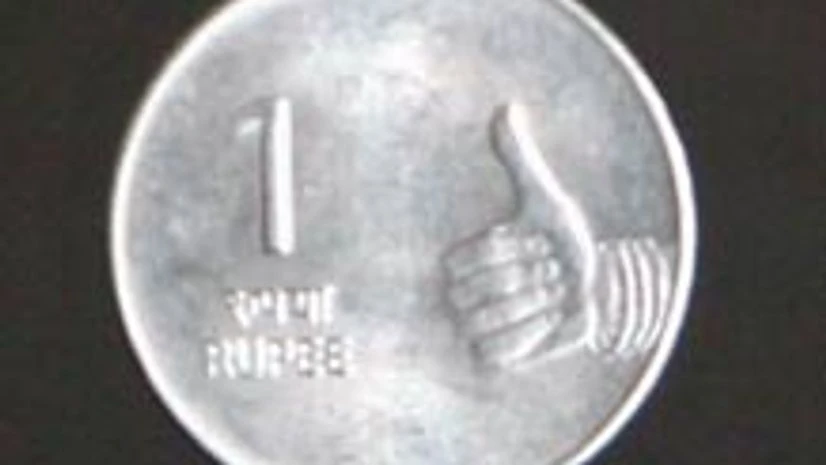The unit dropped 2.1 percent in February, marking its biggest monthly fall since May 2012.
For the fiscal year starting in April, India proposes to raise spending by funding it with higher revenues in a budget aimed at reviving growth.
Although the fiscal deficit target was maintained at 4.8 percent of gross domestic product, investors had expected a closer check on spending and were disappointed as the government sought to increase taxes on certain individuals and companies.
Those tax proposals hit stocks, and the government also disappointed some investors by not announcing a cut in debt withholding tax.
"The market was expecting a lot from the finance minister. The budget itself is not negative, but given the promises, the market was expecting a lot more," said Hari Chandramgethen, head of foreign exchange trading at South Indian Bank.
"I am expecting a 54.00 to 54.80 range in the near-term now. A break of 54.80 is negative for the rupee as the 200-day moving average and trend resistance coincide at that level. A breach of that can push it to 55.15 or even 55.70 levels," he added.
The partially convertible rupee closed at 54.36/37 per dollar compared to its close of 53.86/87 on Wednesday. The unit dropped as low as 54.49, its lowest since February 22.
Before the budget was unveiled, the rupee had risen as high as 53.59, its strongest since February 8.
Finance Minister P. Chidambaram announced a budget that kept total spending at 16.65 trillion rupees, above some market estimates, while proposing a 10 percent tax surcharge on wealthier taxpayers and for certain companies above a certain income threshold.
Despite simplifying the investment registration process, Chidambaram also disappointed investors by not cutting the withholding tax on corporate and government bonds.
"The absence of a cut in withholding tax also disappointed. Debt flows would have increased had the government cut the WHT, which would have been positive for rupee as well," said Vikas Babu Chittiprolu, a senior foreign exchange dealer with state-run Andhra Bank.
In the offshore non-deliverable forwards, the one-month contract was at 54.77 while the three-month was at 55.40.
In the currency futures market, the most-traded near-month dollar/rupee contracts on the National Stock Exchange, the MCX-SX and the United Stock Exchange closed at around 54.70 with a total traded volume of $9.45 billion.

)
